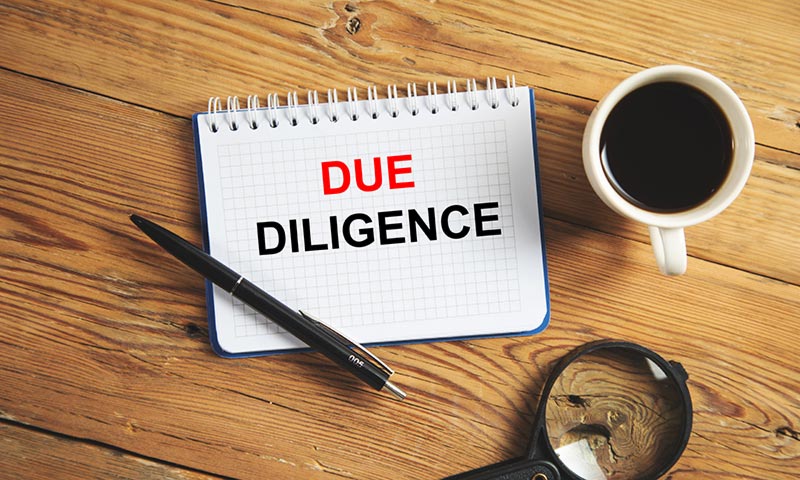Due Diligence in Thailand


Buying a property in Thailand involves a series of procedures known as due diligence. These include a thorough search for legal issues and a physical inspection of the property. These processes are critical for protecting your investment. The process can be expensive and time-consuming, but it can save you from dealing with scams or frauds. A lawyer can provide this service for you.
Processes of Due Diligence
The first part of the due diligence process is to check the status of the property’s title. You can do this by looking at the land title deed, which a lawyer will present to you. This document contains information on the land’s description, ownership history, and other important details. You should also check whether the property’s boundaries match the title deed. This is especially important if you are buying condominium property. If the boundaries do not match, you will have to investigate if there are usufructs on the property. The usufructs may not be registered, but they may be valid. You can also check whether the land is surrounded by gas pipelines and whether it is protected by registered rights.
The next part of the due diligence process is to check whether the seller has legal rights to sell the property. Checking the seller’s background is essential because there are a number of land scams in Thailand. A good lawyer can investigate the seller’s financial capacity, and whether the seller is licensed to sell the property. You should also check whether the property is registered at the Land Office and whether there are any outstanding taxes. If there are problems, the lawyer can help you resolve them.
Another important part of the due diligence process is to check if the property has a building permit. A building permit is necessary for transferring the property’s ownership to another party. You can obtain a building permit for a specific period of time or for the lifetime of the landowner. You should also check if the property is free from mortgages and liens. If the property is not free from mortgages and liens, you could face legal problems. You should also check whether the land has been sold before. This is important because errors in the title registration can have legal consequences.
The third part of the due diligence process is to check for any liens or legal problems that may arise. This can include checking the land title deed for liens and checking the court database for any lawsuits. You should also check whether the seller’s name has been included on a liens list. This can prevent you from buying a property from someone who has a history of liens. If the seller is not registered, you should avoid purchasing the property.
Another part of the due diligence process involves checking the developer’s background. If a developer has been involved in any litigation, you should ask your property lawyer about it. You should also check whether the developer has any government permits or liens on the property.
Leave a Reply